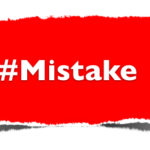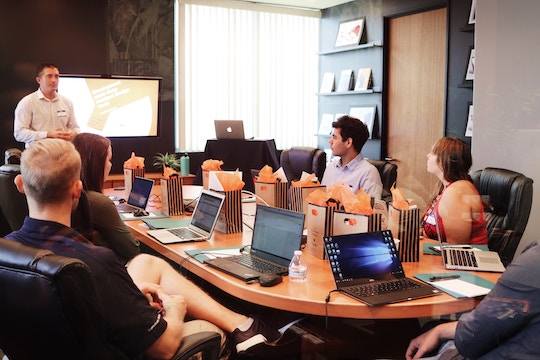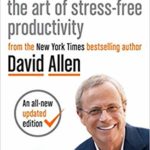“Don’t be smart, be helpful.”
—Author Unknown

Image created in Canva
How do you participate in your professional and personal communities? How often do you find yourself sharing your knowledge, life experiences, and wisdom with others? What is your talk-to-listen ratio?
What if a trusted colleague or significant other took a survey of ten people in each of your communities, asking exactly how helpful you were through your various interactions? How would you score?
EXERCISE:
Using big esoteric words to communicate a simple point just annoys people. Before you speak today, ask yourself, “Is what I am about to say just me trying to be smart, or is it actually helpful?”
It is, of course, OK to be both on occasion.













